Spain has requested to opt out of NATO’s proposed plan to increase member states’ defense spending to 5% of their gross domestic product (GDP), potentially complicating next week’s alliance summit, where the commitment is expected to be finalized.
In a letter to NATO Secretary-General Mark Rutte on Thursday, seen by Reuters, Spanish Prime Minister Pedro Sanchez called for a “more flexible formula” that would either make the 5% target optional or exempt Spain from the obligation entirely.
While Sanchez emphasized that Spain did not intend to obstruct the summit’s outcomes, NATO decisions require unanimous agreement among its 32 member states. The proposed increase in defense spending, advocated by U.S. President Donald Trump, would mark a significant shift in alliance policy.
“Committing to a 5% target would not only be unreasonable, but also counterproductive, as it would move Spain further away from optimal spending and hinder the EU’s ongoing efforts to strengthen its security and defense ecosystem,” Sanchez wrote.
“It is the legitimate right of every government to decide whether or not they are willing to make those sacrifices. As a sovereign Ally, we choose not to,” he added.
Spain currently has the lowest defense spending in NATO, estimated at 1.28% of GDP in 2023, according to alliance figures. Sanchez had previously agreed to accelerate efforts to meet NATO’s existing 2% target.
Rutte has proposed that NATO members raise their defense spending to 3.5% of GDP, with an additional 1.5% committed to broader security-related expenditure.
The push comes amid growing consensus among NATO leaders that current spending levels are insufficient given increased security threats from Russia, especially following its 2022 invasion of Ukraine.
A NATO official confirmed ongoing discussions among Allies regarding the new defense investment plan but declined further comment on Spain’s request.
The United States, NATO’s largest contributor and Kyiv’s primary backer in its war against Russia, spent an estimated 3.38% of its GDP on defense in 2024, placing it among the highest spenders.
Trump has repeatedly criticized member states for failing to meet their obligations and has warned that the U.S. may not defend those who fall short.
Sanchez argued that a rapid leap to 5% spending would undermine European Union goals for defense self-sufficiency and could force governments to procure defense equipment from outside the bloc. He also said the move would be “incompatible with our welfare state and our world vision.”
The proposal faces domestic opposition from junior coalition partner Sumar and the left-wing Podemos party, which has supported Sanchez in key votes.
Adding further complications, a corruption scandal affecting Sanchez’s Socialist party has strained ties with political allies and raised the possibility of early elections.
“If the government needs parliamentary support to approve spending, it will have a very difficult time in the current situation,” said Jose Miguel Calvillo, a professor of international relations at the Complutense University of Madrid.
Other NATO members have also raised concerns about the timeline for implementation. Italy, for instance, reportedly wants the deadline pushed to 2035 from 2032 and the removal of the requirement for annual 0.2% increases.
“It doesn’t look good, indeed, but we are not over yet,” said one senior European official in reference to Sanchez’s letter. “We will have in-depth discussions tomorrow, and perhaps we find a way out. Spain has demonstrated to be a steadfast ally so far.”

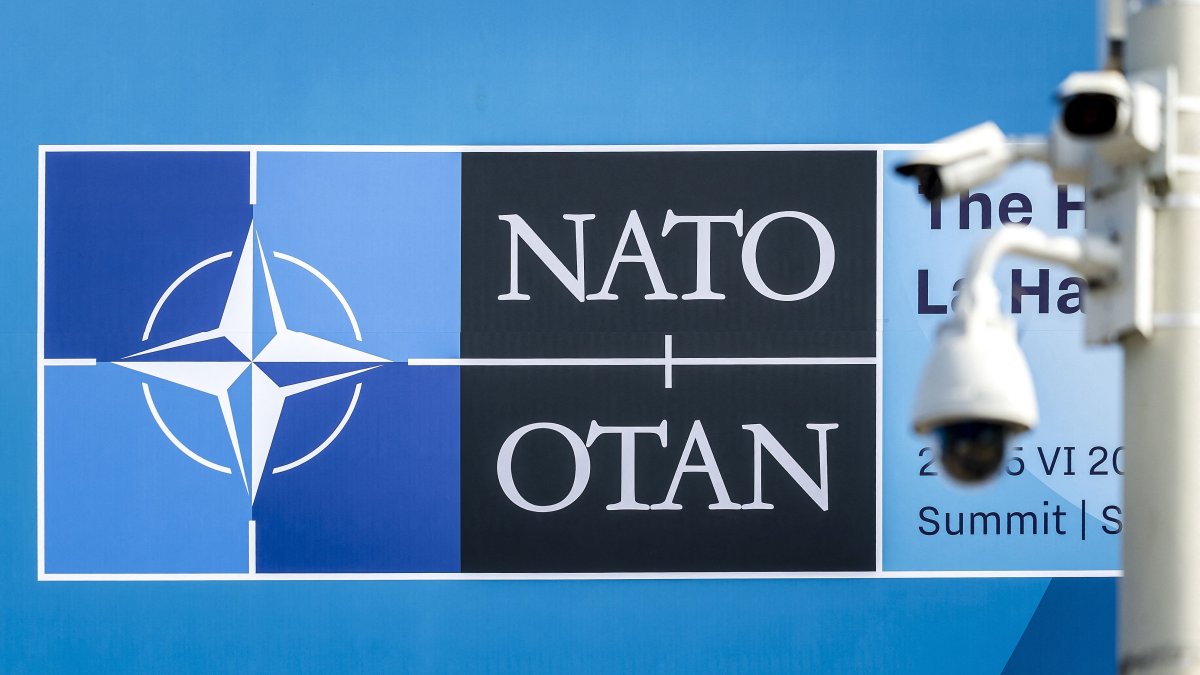
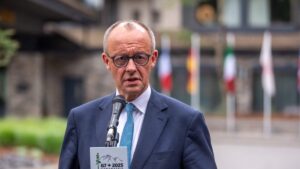
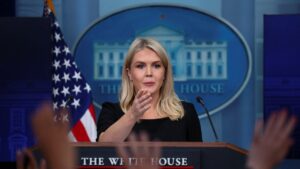


















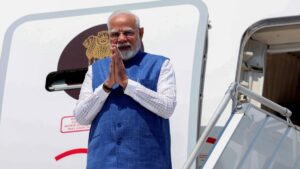
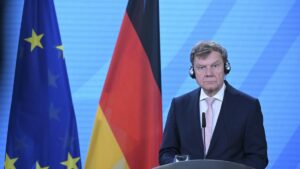

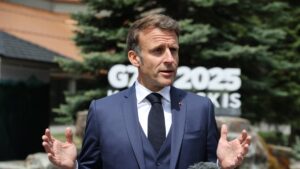



















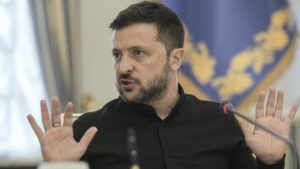

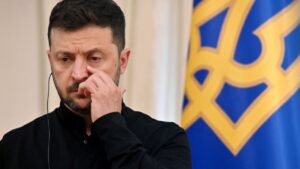




Be First to Comment